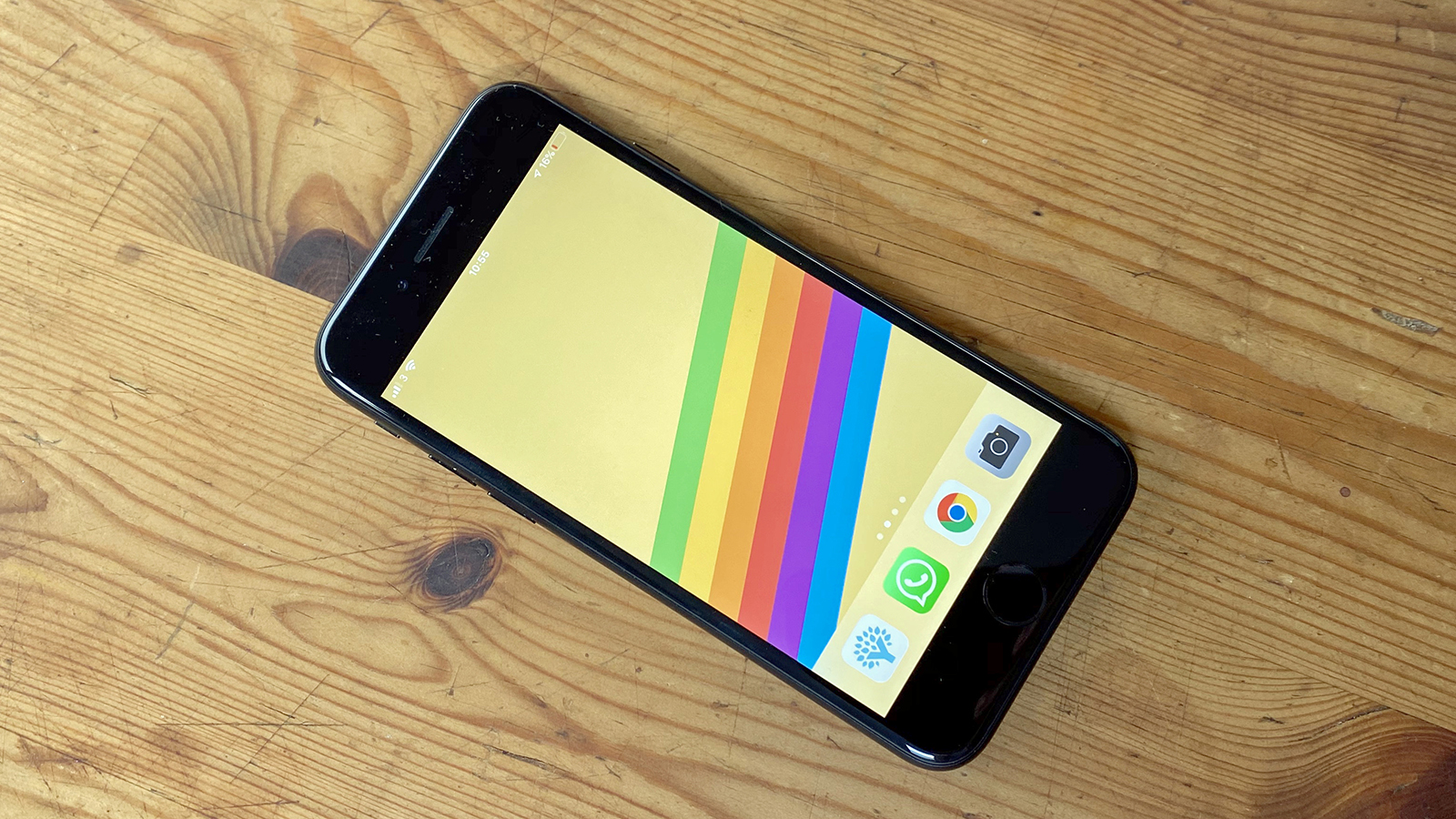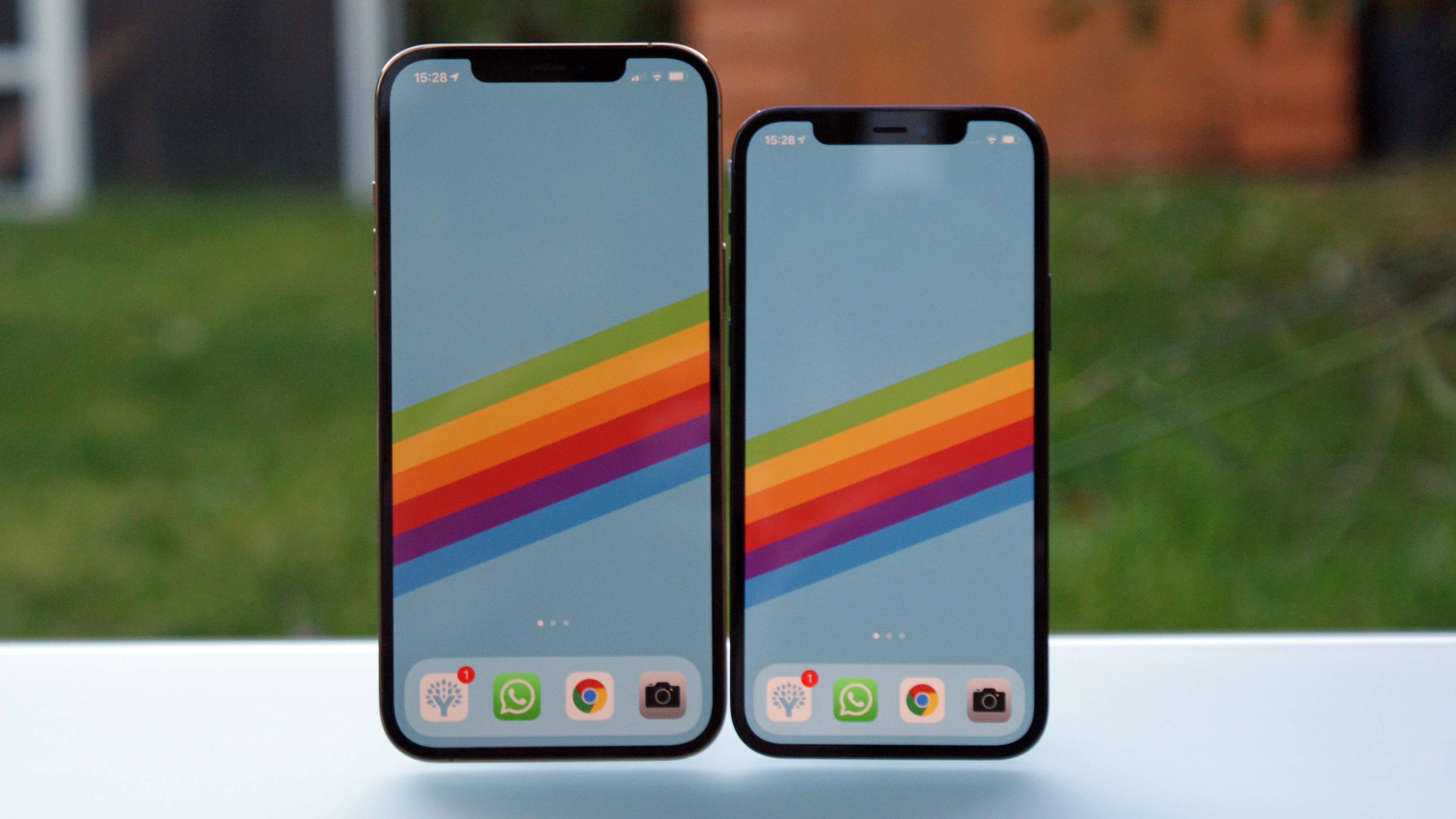It's not new for Apple to sit out newer technologies for a few generations to wait and watch the rest of the market experiment and get ...
It's not new for Apple to sit out newer technologies for a few generations to wait and watch the rest of the market experiment and get stuff wrong, then come in at a later date with a solution to those problems.
Next up, it'll probably be the in-screen fingerprint scanner. The first phone to feature the technology was the Vivo X20 Plus UD that was unveiled at the start of 2018, and by the end of 2021 I think we'll see Apple include the tech in the iPhone 13.
That almost four year stretch has seen a variety of implementations of in-screen fingerprint scanner tech, and now the iPhone's greatest rival - that's the Samsung Galaxy S21 series - proves the technology is ready for the mainstream.
A long time coming
The Samsung Galaxy S21 series features both strengths and weaknesses, but it undeniably provides the best in-screen fingerprint sensor we’ve seen on a Samsung phone to date.
In my opinion, this is the best in-screen fingerprint scanner I’ve used on any smartphone. A whole host of manufacturers including OnePlus, Oppo, Xiaomi, and many more have fiddled with the technology, and some were often including better implemented tech than Samsung until now.
Samsung has made big strides in 2021 that make this a far better option. Well, Qualcomm technically had a big hand in the newer technology, but Samsung's new phones are the first time we've seen it available on a smartphone.

I’ve never come across an in-screen fingerprint scanner that meant I would stop using that phone, but until now the technology has always been noticeably weaker than physical fingerprint scanners.
We grew accustomed to capactive sensors on the bottom half of our smartphones over the last decade, and switching to in-screen technology hasn't been without bumps in the road.
So why do I think it's the right time for Apple to jump in and include the first Touch ID fingerprint scanner that you’ll find embedded under the display?
Samsung’s latest series of phones feature a 70% larger sensor than the one we saw in 2020’s Galaxy S20, and that’s notably easier to use. It means you don't have to be as specific with your finger, as a lot more of the bottom half of the phone's display has a scanner underneath it.
It's a relatively minor adjustment, but it makes the technology far more usable than we’ve experienced in the past. It’s also notably faster too, which means you won’t be waiting around for the phone to unlock like we’ve had to with some previous iterations.
A bad year for Face ID
I'm sure Apple has been considering under display fingerprint scanners for a while, but the Covid-19 pandemic may have also exacerbated the need to return to a fingerprint sensor.
The last 12 months have seen Face ID - Apple’s success story of a switch from fingerprint scanners to facial recognition software built into the selfie camera - begin to struggle as we strap on face masks and hide our identities from our phones in an attempt to stop the spread of Covid-19.

A new report this week has suggested Apple is eyeing Touch ID to go under the screen for the first time in whatever it calls its next smartphone series, and while I would have preferred Apple to include this technology in its 2020 iPhone 12 series, the Galaxy S21 proves the technology is good enough for the masses now.
I hope by the time the next iPhone debuts - we’re expecting September 2021, but it may come later in the year - we won’t need to be wearing face masks as often, but introducing a new technology that allows us to use a fingerprint to unlock our phone will give us another option to quickly authenticate our identities alongside Face ID.
It may be we only see one Apple handset feature the new technology when it debuts later this year - often Apple will keep its most innovative tech for one model - but I think Samsung's success is a clear sign of where the iPhone is headed.
from TechRadar - All the latest technology news https://ift.tt/3txBQjq
via IFTTT









COMMENTS